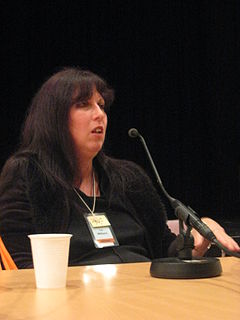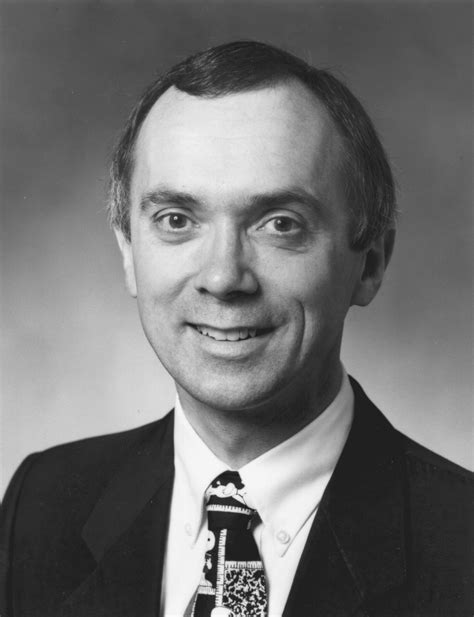A Quote by Liz Williams
Contemporary paganism gives me a subjective lens through which the world in which I live can be interpreted on an aesthetic and an ethical basis. I'm interested in narrative, myth, and story, in folklore and the way we connect to the turning of the seasons and the natural world.
Related Quotes
There's a floating distraction in the contemporary world, life at a distance enabled by technology. I want people to commit at the level of their subjectivity. The idea of subjective commitment is at the core of ethics, something that divides the self from itself. I become an ethical self. I cannot meet that ideal, I cannot fulfill it, it divides me from myself and it makes me strive harder. This ideal subjective ethical drive is at the heart of an absolutely earnest, radical politics that insists that people will be able to engage with each other, and they're lifted from irony at that point.
But myth is something else than an explanation of the world, of history, and of destiny. Myth expresses in terms of the world - that is, of the other world or the second world - the understanding that man has of himself in relation to the foundation and the limit of his existence. Hence to demythologize is to interpret myth, that is, to relate the objective representations of the myth to the self-understanding which is both shown and concealed in it.
But perhaps more important, as someone wishing to make a comment or two about contemporary life and values, I don't have to dig through libraries or travel to exotic lands to arrive at a view of our modern situation refracted through the lens of the preindustrial world, or the uncommercialized, unfranchised, perhaps unsanitized-and therefore supposedly more "authentic"-perspective ofthe Third World. Very simply, this is because that "other" world, as alien as if separated by centuries in time, is the one from which I came
People knew there were two ways of coming at truth. One was science, or what the Greeks called Logos, reason, logic. And that was essential that the discourse of science or logic related directed to the external world. The other was mythos, what the Greeks called myth, which didn't mean a fantasy story, but it was a narrative associated with ritual and ethical practice but it helped us to address problems for which there were no easy answers, like mortality, cruelty, the sorrow that overtakes us all that's part of the human condition. And these two were not in opposition, we needed both.
There was another thing I heartily disbelieved in - work. Work, it seemed to me even at the threshold of life, is an activity reserved for the dullard. It is the very opposite of creation, which is play… The part of me which was given up to work, which enabled my wife and child to live in the manner which they unthinkingly demanded, this part of me which kept the wheel turning - a completely fatuous, ego-centric notion! - was the least part of me. I gave nothing to the world in fulfilling the function of breadwinner; the world exacted its tribute of me, that was all.
Rational thinking which is free from assumptions ends therefore in mysticism. To relate oneself in the spirit of reverence for life to the multiform manifestations of the will-to-live which together constitute the world is ethical mysticism. All profound world-view is mysticism, the essence of which is just this: that out of my unsophisticated and naïve existence in the world there comes, as a result of thought about self and the world, spiritual self-devotion to the mysterious infinite Will which is continuously manifested in the universe.
When you’re telling a story, you’re trying to connect to people in a particular way … The way in which you guys have inhabited this world, this universe, has made you part of it, part of the story. You are living in Firefly. When I see you guys, I don’t think the show is off the air. I don’t think there’s a show; I think that’s what the world is like. … The story is our lives.
We live in a world full of accidents finally in which on aesthetic principles have a consistency of which we can be sure. Right and wrong we will struggle with forever striving to create and maintain an ethical balance. Right and wrong we will struggle with forever, striving to create and maintain an ethical balance; but the shimmer of summer rain under the street lamps or the great flashing glare of artillery against a night sky – such brutal beauty is beyond dispute.
There's nothing fundamentally wrong with people. Given a story to enact that puts them in accord with the world, they will live in accord with the world. But given a story to enact that puts them at odds with the world, as yours does, they will live at odds with the world. Given a story to enact in which they are the lords of the world, they will ACT like lords of the world. And, given a story to enact in which the world is a foe to be conquered, they will conquer it like a foe, and one day, inevitably, their foe will lie bleeding to death at their feet, as the world is now.
?People have presuppositions... By 'presuppositions' we mean the basic way that an individual looks at life- his worldview. The grid through which he sees the world. Presuppositions rest upon that which a person considers to be the truth of what exists. A person's presuppositions provide the basis for their values- and therefore the basis for their decisions.



































